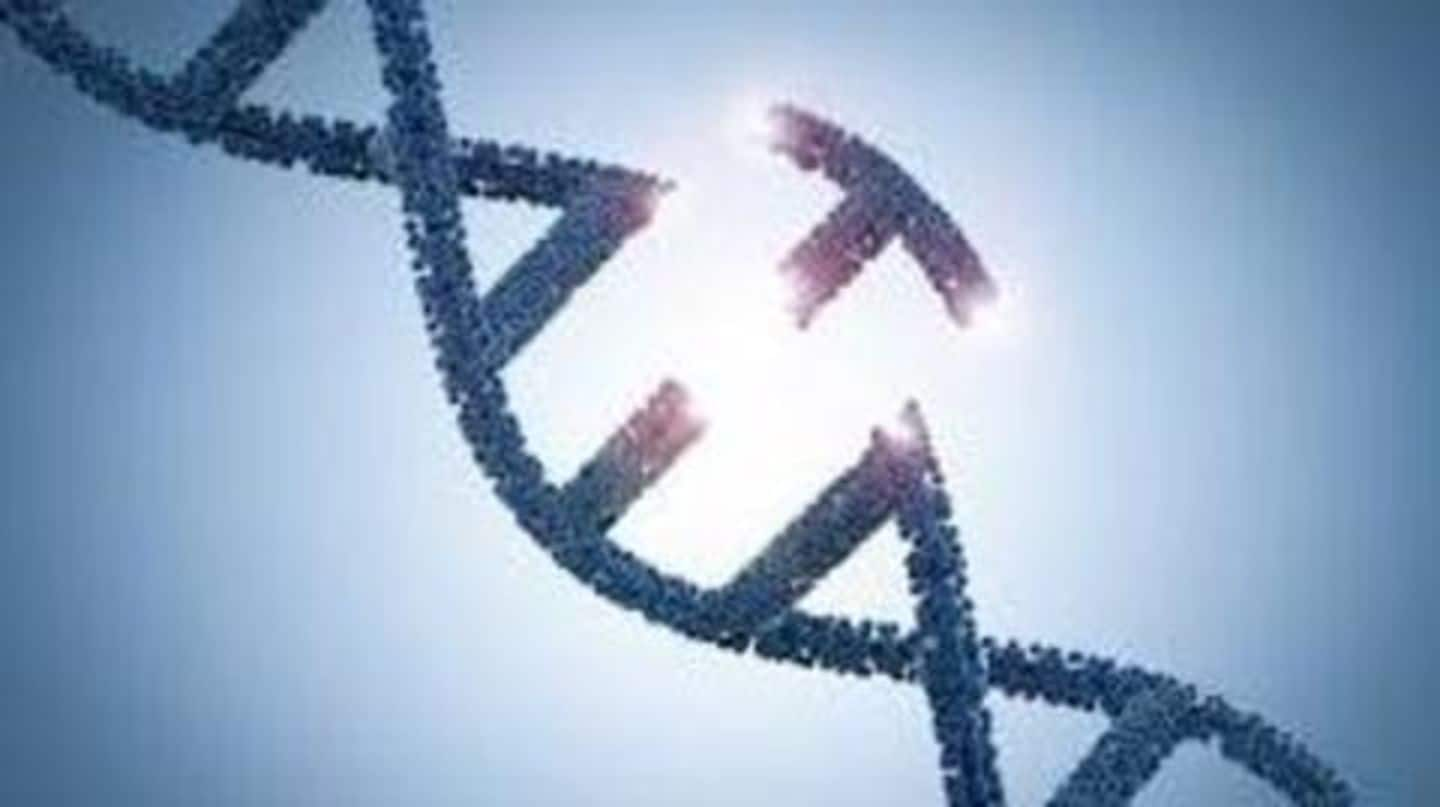
CRISPR gene-editing used on cancer patients: Details here
What's the story
For years, scientists have been working on CRISPR, a powerful technology that could modify DNA and help cure diseases like cancer or Hepatitis B. While many have expressed concerns over the abuse of this technology, a group of researchers has taken a major step forward in the gene-editing category - human trials. They've used CRISPR on patients suffering from cancer. Here are the details.
Treatment
CRISPR used as a treatment for cancer patients
NPR has claimed that a CRISPR-based treatment, that has been approved for cancer, has started at the University of Pennsylvania in the US. As part of the effort, the University has used the gene-editing tech on two patients suffering from cancer. They both had received the standard treatment for cancer but then switched to CRISPR when the method didn't work.
Treatment
What happens in this treatment
CRISPR revolves around making slight modifications into DNA, something that University of Pennsylvania researchers are doing by removing immune system cells from the cancer patients, modifying them in lab environments, and then inserting them into the body again. They hope that infusing modified immune system cells into their bodies would counter the impact of cancerous cells, ultimately destroying them and curing the disease.
Result
However, it is not clear how the treatment has worked
The treatment sounds promising but so far, there's no word on how well it has worked or how the patients are doing. "Findings from this research study will be shared at an appropriate time via medical meeting presentation or peer-reviewed publication," a University spokesperson told NPR. To note, one of the patients suffered from multiple myeloma while the other had sarcoma.
Information
Also, the study has been approved to treat 18 patients
It is also worth noting that the study has been approved to treat as many as 18 cancer patients, which means it might be a while before we get the final results of the treatment.
Development, risks
Human trials are just getting started
The trial marks a major step towards what could be an ideal solution to prevent/cure not just cancer but also other critical diseases as well as genetic defects. Other trials are also scheduled in Europe, Canada, and US, including one where scientists would try to treat an inherited form of blindness - and that too without removing the cells from body.
Information
Concerns of side effects, abuse also remain
Having said that, it's imperative to note that the use of CRISPR also comes with certain concerns such as the potential side effects of gene-editing or the possible abuse of this technology like the Chinese scientist who edited genes in human embryos.